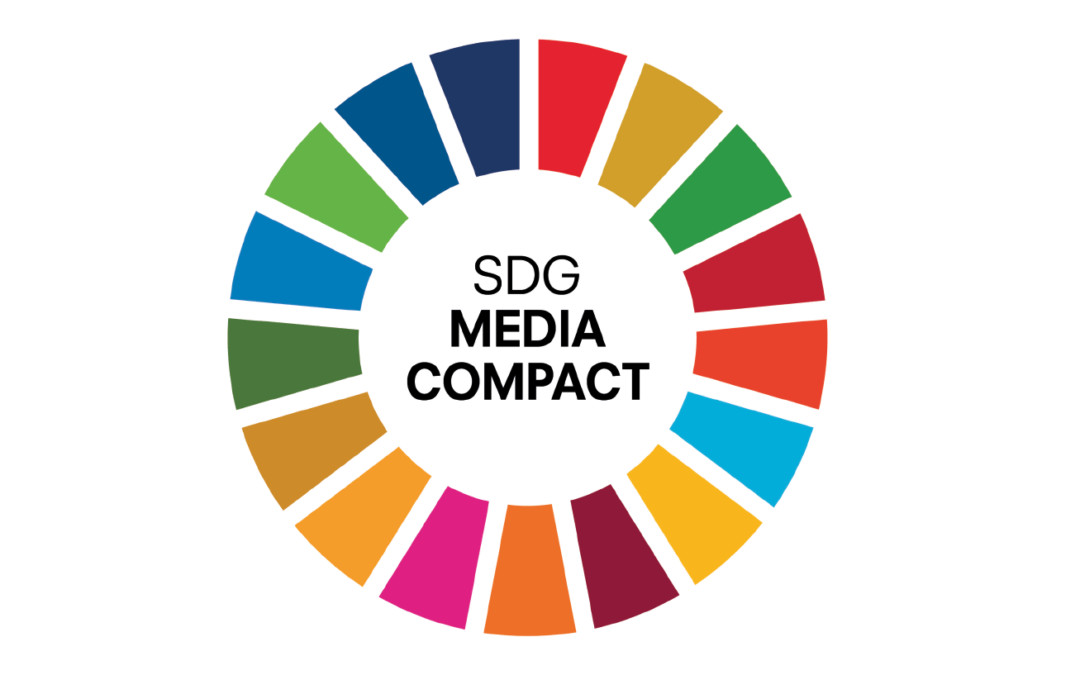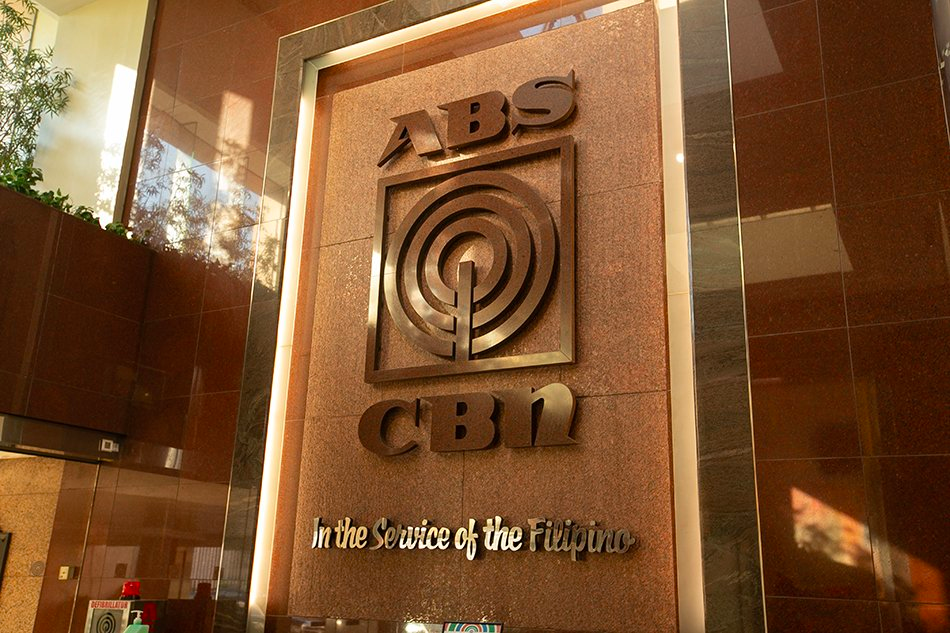Growing alliance of news and entertainment companies brings focus on socio-economic impact of COVID-19 crisis to its two-billion-strong audience
The SDG Media Compact, an alliance of news and entertainment companies convened by the United Nations to drive coverage and mobilise action for the Sustainable Development Goals (SDGs) and of which the Association for International Broadcasting is part, has welcomed its 100th member.
From large broadcasters and established print media, to news agencies, radio stations and newer digital publishers, the SDG Media Compact spans 160 countries on five continents, reaching a combined audience of about two billion people through well over one hundred outlets owned by Compact members.
“Media play a crucial role in countering misinformation and galvanising action for a sustainable recovery from the COVID-19 crisis based on science, solidarity and our common roadmap, the Sustainable Development Goals,” said Melissa Fleming, UN Under-Secretary-General for Global Communications. “We are proud to have one hundred SDG Media Compact members from across the globe, committed to covering the critical issues of our time and driving progress toward a healthier and more peaceful world.”
The Sustainable Development Goals (SDGs), adopted by world leaders in 2015, are a universal call to action to end poverty, protect the planet and improve the lives and prospects of everyone by 2030. UN expert voices, data, reports and stories are regularly shared with SDG Media Compact members, inspiring coverage of the Goals without interfering in editorial freedom. As part of the UN’s new Verified initiative, Compact members will also be receiving trusted and accurate content about COVID-19 to counter misinformation and flood the internet and airwaves with content on science, solutions and solidarity.
For Sky Group, Europe’s leading media and entertainment company, being part of the SDG Media Compact means acting on the big global issues that matter. “We’ve aligned our strategy with the Sustainable Development Goals because they provide clear purpose to ensure business drives the change that is crucial to improving our world,” said Jeremy Darroch, Sky Group’s CEO.
Shanghai Media Group, one of the newest members, joined the Compact to be part of a global alliance working toward common goals. “It is our sincere wish to work closely with global media organisations to jointly build a community of shared future for mankind,” said Chairwoman Jianjun Wang.
For ATTN:, a digital publisher based in the United States, “partnering with the United Nations and having the ability to tap into their expert voices and data helps us ensure that our storytelling is well-sourced and informational, giving human interest stories the power to have real impact,” said Charlie Goldensohn, Senior Strategist at ATTN:.
“In a digital world full of misinformation and fake news, credibility is vital, and that is what we have greatly gained through our partnership with the SDG Media Compact and the rich editorial content shared,” said Maikem Emmanuela Manzie on behalf of Ndefcam radio in Cameroon. “The free flow of information on current issues, especially on COVID-19, has helped in building our stories on how the community can better fight this new virus.”
Many members have already played a crucial role in countering misinformation, disseminating science-based information to fight the virus, and covering the socio-economic impacts of COVID-19 in the context of the broader sustainable development agenda.
SBS Australia examined how and why conspiracy theories related to the coronavirus are spreading so quickly. Sky News debunked the conspiracy theory linking 5G radio antennas to the coronavirus. Noticias Positivas reported on the issue of fake news related to the pandemic. ATTN: launched a digital literacy series focused on helping young people distinguish fact from fiction on COVID-related content. And the Asahi Shimbun explained why antagonising the World Health Organization won’t bring the world closer to containing the virus.
On the socio-economic front, Euronews, in an interview with the UN Secretary-General, called attention to the need for global solidarity for the world to emerge stronger from the crisis. CGTN published a number of pieces calling for debt relief for the poorest nations. The Nikkei reported on the need for mental health services as an essential part of the COVID-19 response. And Prensa Latina disseminated the Secretary-General’s call to protect the well-being of children.
On environmental matters, the Jakarta Post was among the outlets that amplified the UN Secretary-General’s call for a green recovery from the pandemic, SBS looked at how COVID-19 could be a chance to green our economies, In Depth News explained how ecosystems and human health intersect, and Scientific American reported on the crisis’ impact on CO2 emissions and implications for a green recovery.
Looking at the gender dimensions, the Mainichi amplified the UN Secretary-General’s call to address the pandemic’s consequences for women and girls. Devex, in an interview with UN Women, highlighted the outsized impacts of the crisis on women’s work, health, and livelihoods. And Sky aired the UN Secretary-General’s message urging governments to prioritise the prevention and redress of violence against women in their COVID response plans.
About the SDG Media Compact
Launched by the UN Secretary-General with 31 founding members in September 2018, the SDG Media Compact seeks to inspire media and entertainment companies around the world to leverage their resources and creative talent to advance the Sustainable Development Goals. It currently includes 100 members from Africa, Asia, the Americas, Australia, Europe and the Middle East. By disseminating facts, human stories and solutions, the Compact is a powerful driver for advocacy, action and accountability on the Sustainable Development Goals.
More information, including the full list of members: www.un.org/sustainabledevelopment/sdg-media-compact-about


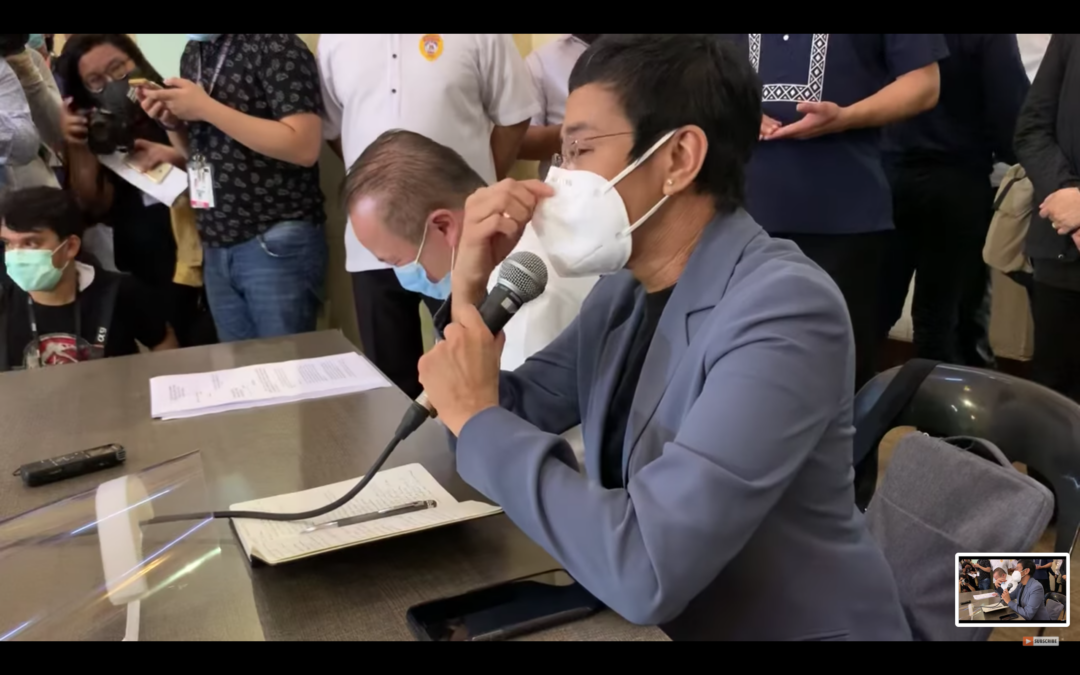
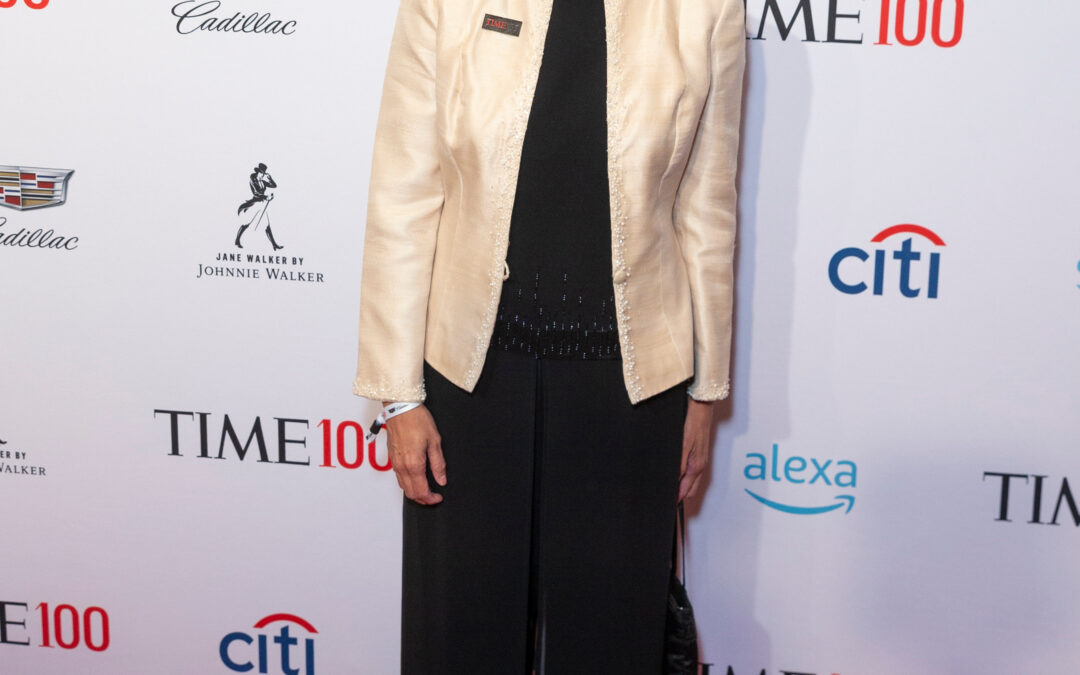
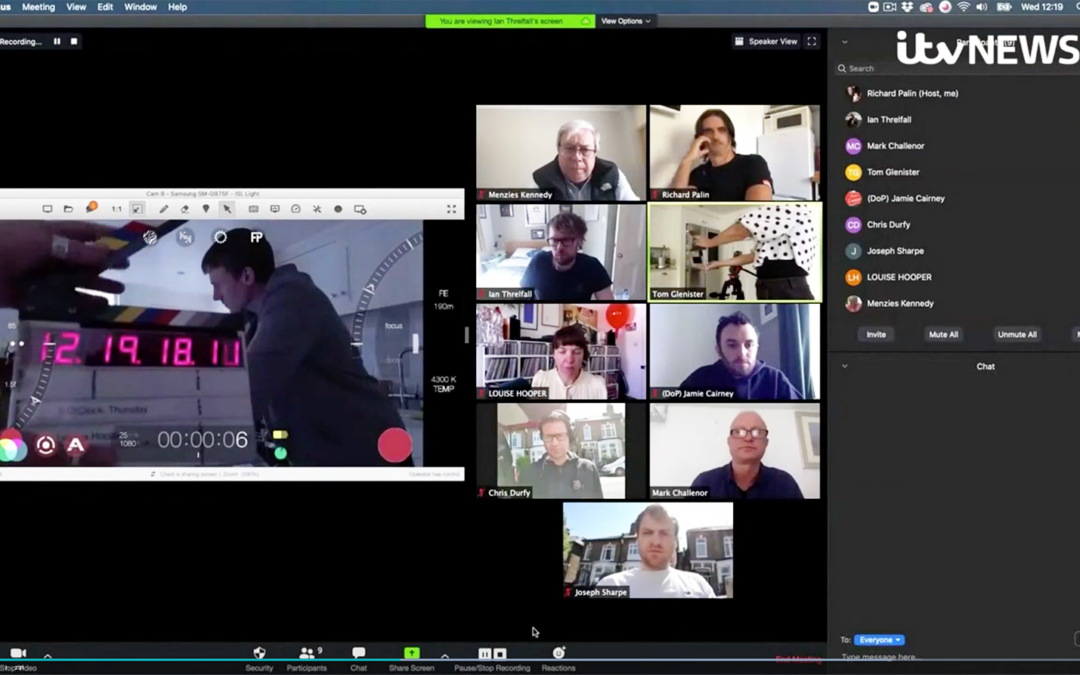
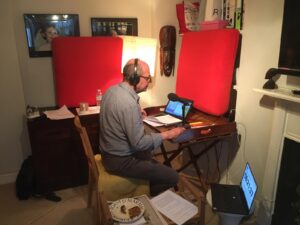 The need to provide safe working environments for staff has led to innovation in production techniques for both live and recorded shows. In radio, many presenters are working from home, contributing via IP-based systems from makeshift studios in front rooms, studies and basements, with clever use of home furnishings to provide sound deadening (our picture shows
The need to provide safe working environments for staff has led to innovation in production techniques for both live and recorded shows. In radio, many presenters are working from home, contributing via IP-based systems from makeshift studios in front rooms, studies and basements, with clever use of home furnishings to provide sound deadening (our picture shows 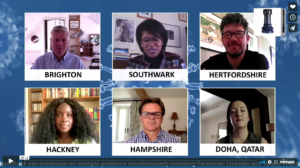
 As, thankfully, the number of COVID-19 cases starts to decrease in many countries, the media industry is looking for ways to return to some level of normality. In Germany, football matches kicked off for the first time in many weeks over the weekend of 16/17 May, albeit played behind closed doors with no more than 300 people allowed into the stadia. Broadcasters were able to take the first matches with OB trucks deployed, with extensive social distancing in place using perspex screens between individual production teams’ positions and a reduced number of staff in the trucks (see photo, via SVG Europe).
As, thankfully, the number of COVID-19 cases starts to decrease in many countries, the media industry is looking for ways to return to some level of normality. In Germany, football matches kicked off for the first time in many weeks over the weekend of 16/17 May, albeit played behind closed doors with no more than 300 people allowed into the stadia. Broadcasters were able to take the first matches with OB trucks deployed, with extensive social distancing in place using perspex screens between individual production teams’ positions and a reduced number of staff in the trucks (see photo, via SVG Europe).